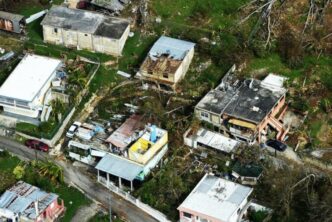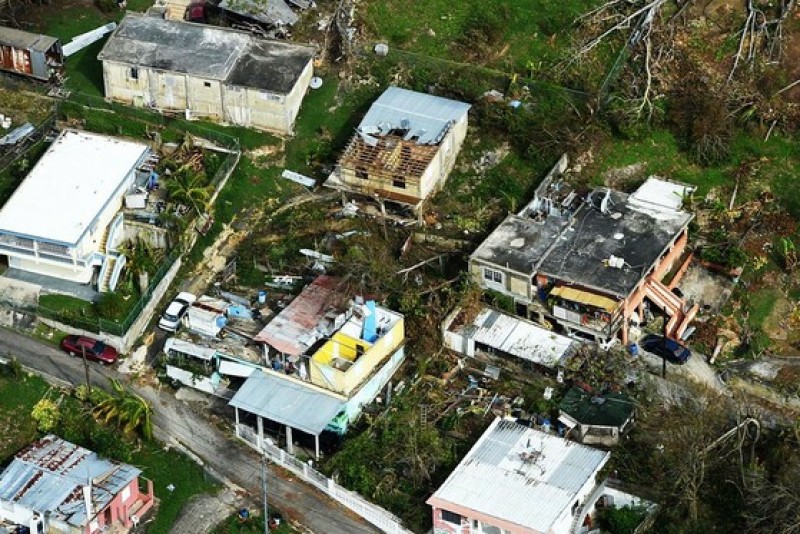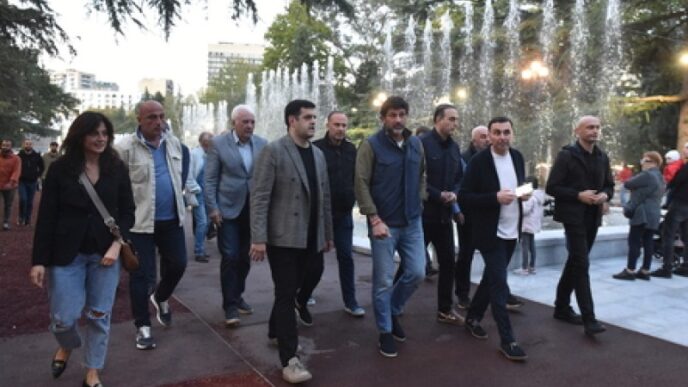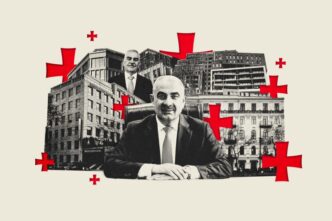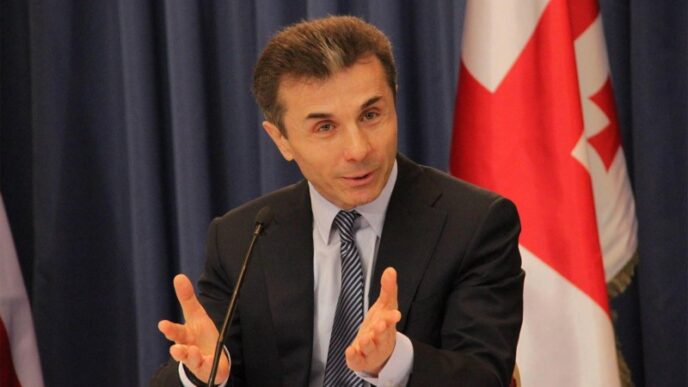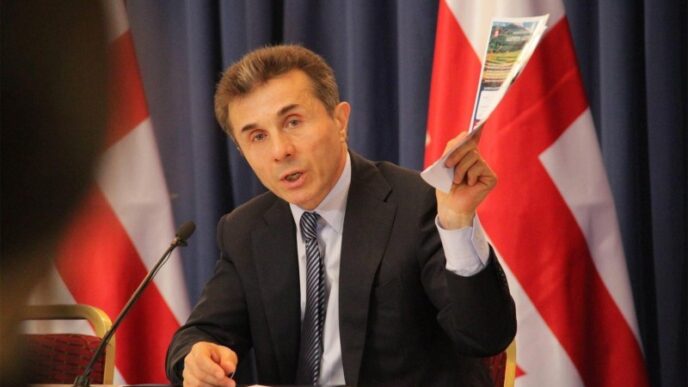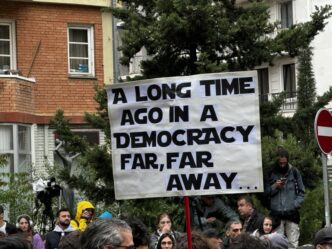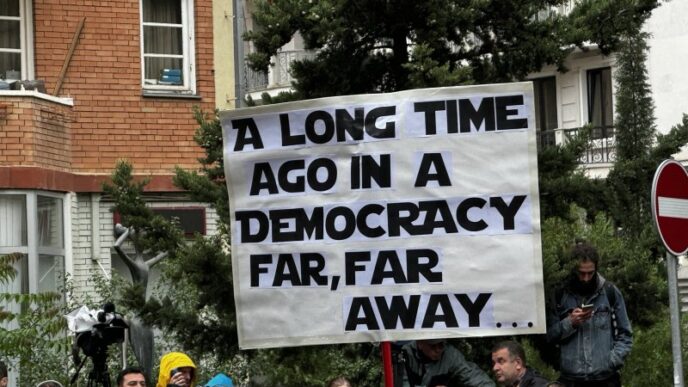Tiffany Brown, 43, of Atlanta, Georgia, allegedly accepted a contract to deliver humanitarian aid to Hurricane Maria’s victims in the form 30 million self-heating meals. However, she allegedly billed the disaster relief agency with falsified documentation after failing to fulfill her end of the agreement.
In September 2017, Hurricane Maria, then classified as a Category 4 hurricane, made landfall and struck the island of Puerto Rico.
A Category 4 storm carries winds as strong as 156 mph and can cause catastrophic damage to even the sturdiest of homes and critical infrastructure sites. By the time the dust had settled, the hurricane over Puerto Rico had progressed to a Category 5—the most dangerous classification—which all but guaranteed the storm would leave nothing but total destruction in its wake.
It became known as the worst natural disaster in the island’s history, leaving thousands dead and inflicting more than $90 billion in damages to the affected areas.
Shortly after the storm hit, FEMA solicited vendors to provide 40 million self-heating meals to the island’s inhabitants so that they could eat without needing electricity or water to prepare them.
Brown and her company, Tribute Contracting LLC, proposed to FEMA that they could put together the necessary resources to deliver a quarter of the emergency response meals. This would be accomplished, she said, by utilizing enough staff to man 210 trucks that could meet the people’s needs day and night as the storm raged on, according to the DOJ.
Although she lacked the logistics needed to accomplish this, she soon after doubled down and allegedly made false claims that her core suppliers could now guarantee the delivery of a million self-heating meals a day for 30 days starting Oct. 7, 2017.
In reality, however, Brown had neither obtained the meals nor coordinated with any shipping companies to deliver them. Nonetheless, on Oct. 3, FEMA awarded Brown and her company the contract, worth $155,982,000.
“Fraudsters looking to profit off of individuals who are already suffering from the impact of a natural disaster is an appalling and inexcusable crime,” said Keri Farley, Special Agent in Charge of FBI Atlanta.
Despite the fact that the self-heating meals were not delivered to Puerto Rico, whose people were in desperate need of humanitarian aid, Brown submitted invoices to the disaster relief agency to request payment for the services she had failed to render.
These bills of lading—documents issued to acknowledge receipt of cargo for shipment—concerned the delivery of 50,000 meals that were not self-heating and therefore useless to the island’s inhabitants who lacked water and electricity.
Brown ultimately failed to deliver a single self-heating meal, as set out in the FEMA contract, according to the DOJ.
Even after the contract was terminated on Oct. 19, she continued to submit invoices requesting payment for services that were never rendered. She now stands accused of multiple counts of major disaster fraud, theft of government funds, and money laundering.
“It is unconscionable that Brown would exploit the disaster that Hurricane Maria wrought on Puerto Rico,” said U.S. Attorney Ryan K. Buchanan, who also noted that blame for the debacle lay equally with the federal government for not living up to its responsibilities during such an unprecedented disaster.
Both FEMA and the DOJ declined to comment when asked what verification measures the government had taken to ensure that Brown and her company in fact possessed the logistics necessary to fulfill such a vital contract before rewarding it to them.

